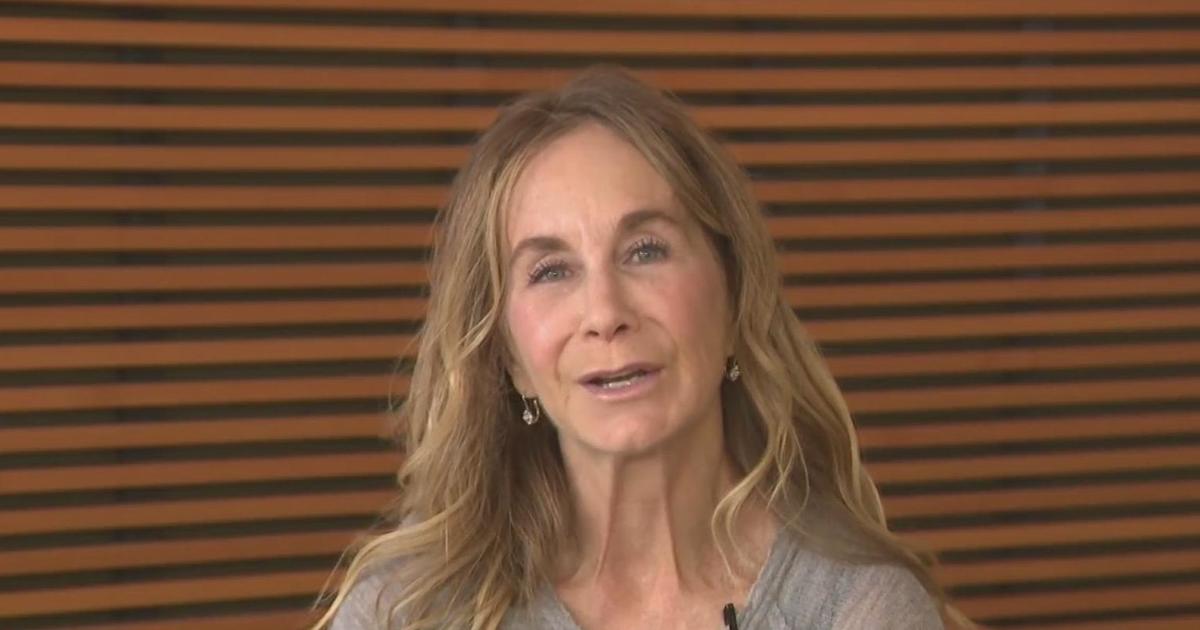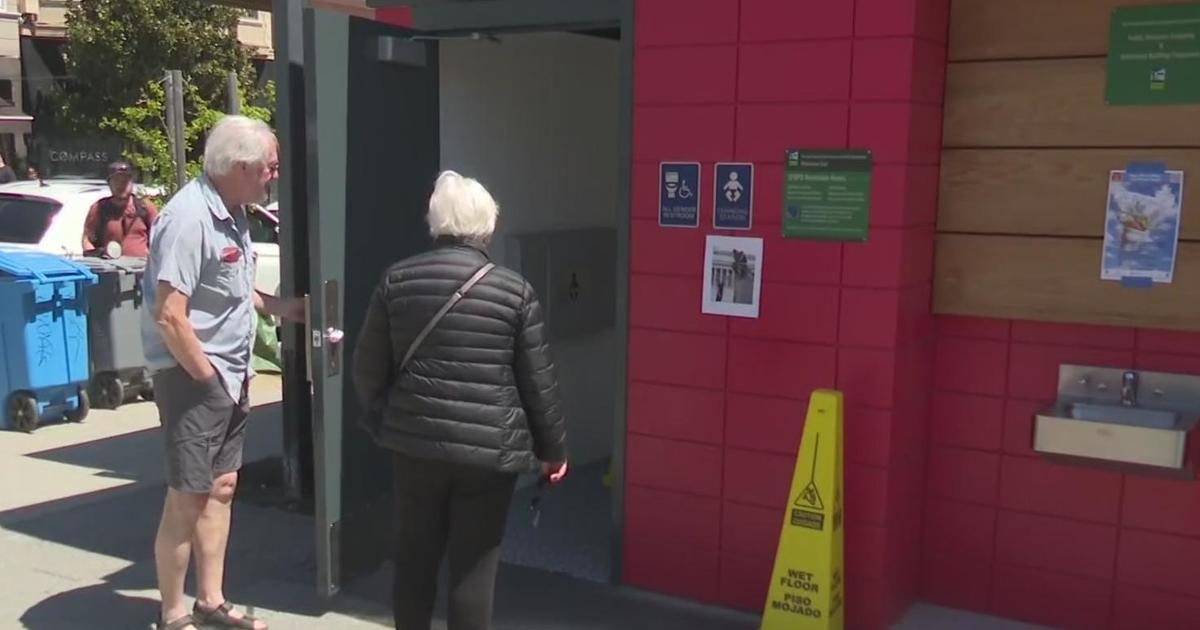Advances Creating Capillaries Bring 3-D Bio Printing Of Organs Closer To Reality
By Juliette Goodrich and Molly McCrea
SAN FRANCISCO (KPIX) -- Organ donation for patients who need transplants saves lives but there are simply not enough donors. That worldwide shortage of organ donors is leading scientists to look toward other options.
Artificially grown organs or 3D bio printing of human skin, tissue, or internal organs may solve the problem. But the technology has long faced a roadblock. That is until now.
The new innovation may one day help patients in need like Marc Escalante.
For Escalante, his family means everything to him.
"I've got a lot of live for. I've got a wife, two children. My grandson, who will be graduating this year," explained Escalante, who is in the security business.
Escalante inherited his mother's beautiful smile. Unfortunately, he also inherited her chronic kidney disease. Marc is suffering from end-stage renal failure and needs dialysis. Both his kidneys are failing and he desperately needs an organ transplant.
"I need that kidney transplant it. I don't want it. I need it." said Escalante.
Unfortunately, the statistics are grim. As of February 2019, 120,000 people living in the United States were waiting for an organ transplant. Each day, dozens of people die in need of a transplant.
And many like Escalante -- who has been on the waiting list so far for five years -- will languish, waiting and wondering if he will ever get an organ.
"There are just not enough donors out there." said Escalante.
But now a Bay Area Biotech company has taken a big step towards possibly resolving that shortage
"Our mission is to eliminate the transplant wait list," said Melanie Matheu of Prellis Biologics.
Prellis Biologics intends to use 3D printers to build organs and tissues using a patient's own cells.
Unlike its competitors, Prellis has cleared a huge obstacle.
"There's a little bit of that, 'Wow, it's really working!'" remarked Eric Busby, the Director of Engineering at Prellis.
"I had to pinch myself. It felt really good," recalled Matheu
The team at Prellis has developed a technology that can rapidly print the tiniest lifelines in the human body: the intricate blood vessels known as capillaries.
Capillaries are ten times smaller than a human hair. Our tissues and organs can't survive without them.
"They're what allows us to deliver oxygen efficiently and remove waste like C02, and also the nutrients that we need to grow healthy tissues," explained Matheu.
The team explained how 3D bio printing has its problems.
"It works great, but it's rather slow." noted Busby.
According to Matheu, complex organs could take years to print.
But without a steady supply of oxygen, the patient's cells used to finish the organ would die within minutes.
"The real struggle in trying to both fabricate an organ and to keep it alive is being able to get oxygen in, C02 out; nutrients in and waste out," said Busby.
Prellis solved the problem by using 3D hologram technology and lasers to build the tiny blood vessels
"We used tools from optical physics and used them in ways that no one had been using them before," said Matheu.
The high-resolution printing of the tissue structures is near instantaneous.
"Our goal is to be producing human kidneys in 24 hours or less," said the CEO.
As for Marc Escalante, he remains optimistic. He's hopeful that an organ will become available soon for him.
"I'm not done yet, I'm not done on this earth yet," remarked the Daly City resident.
Escalante was thrilled to hear about the news from Prellis. But he's also realistic. Until these organs become a reality, Escalante has a message to everyone.
"Be a donor. Register to be a donor." said Marc.
It's quite simple with Donor Network West. The organization is federally designated to serve 40 counties in Northern California and Nevada; and has even partnered with the California Department of Motor Vehicles and state-authorized donor registries to allow for easier registration.
The Prellis teams believes in the next two or three years after successful lab tests, there will be trial applications for people who are in dire need of a transplant to use organs created by Prellis.
Additional information



